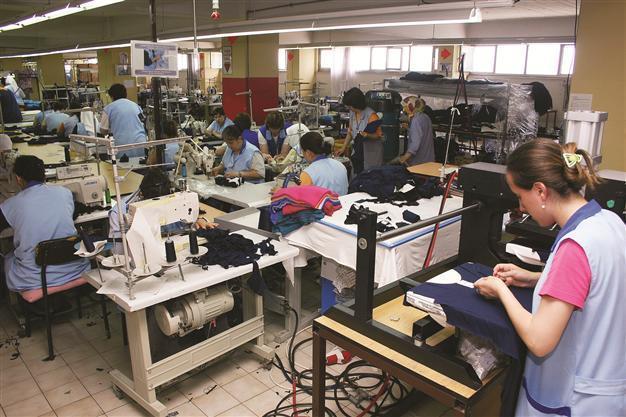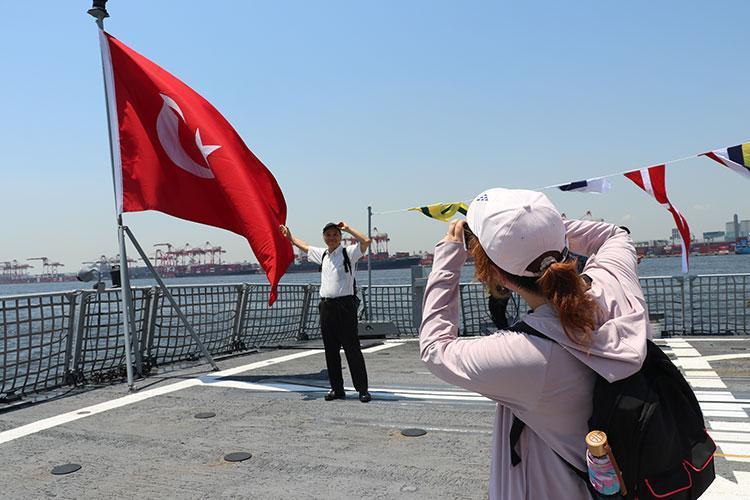Turks work longest hours among OECD members
ISTANBUL / PARIS

Turkey is by far the country with the highest proportion of employees working very long hours, with almost half regularly working over 50 hours per week.
According to the latest wellbeing survey conducted among the 35 OECD countries, Turkey is by far the country with the highest proportion of employees working very long hours, with almost half regularly working over 50 hours per week and nearly a fifth of employees working what are described as “long hours.”“Life satisfaction” in Turkey is also reported to have dropped 5 percent between 2007 and 2012, according to the study, titled “How’s Life.”
Turkey is followed by Mexico and Israel in the proportion of employees working long hours, while in the Netherlands, Sweden and Denmark only around 1 percent or 2 percent of employees work over 50 hours per week on a regular basis. A similar pattern is also visible for Russia, the only emerging economy with available information.
Over the past decade, the number of employees working long hours has remained broadly stable in the OECD area as a whole, with decreases in Denmark, Slovenia, Poland, Brazil, Israel and Turkey and increases in Luxembourg, Portugal, Chile and Mexico, the OECD said.
The report attempts to count the human cost of the global financial crisis. The wide-ranging report ranks countries on a range of criteria from employment and health to crime and social engagement. The OECD said that while significant improvements had been made in the quality of life in member countries over the past 20 years, sizable differences between and within countries remain.
Significant decrease in ‘life satisfaction’
While Switzerland, Australia, Nordic European countries, as well as Canada, New Zealand and the U.K. are among the highest-performers, the U.S., Ireland, Luxembourg, Austria, Belgium, Finland, Germany, France, Japan, Korea, Spain, the Czech Republic, Italy, the Slovak Republic, Israel, Poland and Portugal display average performance. Turkey, Brazil, Mexico, Estonia, Hungary, Greece and Chile are among the countries with a relatively low performance, according to the survey data. Meanwhile, decreases in “life satisfaction” are especially visible in the eurozone, especially in countries most affected by the crisis, according to the report.
Between 2007 and 2012, reported average life satisfaction declined by more than 20 percent in Greece, 12 percent in Spain, and 10 percent in Italy.
However, moderate increases were recorded in Germany, Israel, Russia, Mexico and Sweden. Life satisfaction also declined in Hungary (6 percent), the United States (7 percent) and Turkey (5 percent), while life satisfaction increased in German, Israel, Mexico, the Russian Federation and Sweden. A significant increase in self-reported stress (more than 10 percentage points) was also observed in Finland, Hungary and Turkey.
















